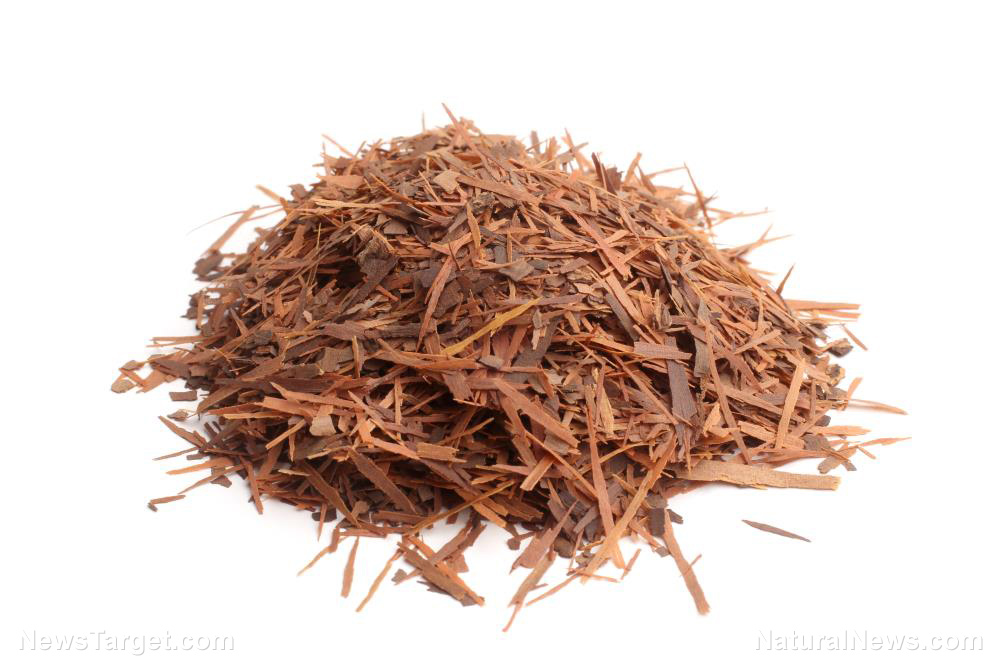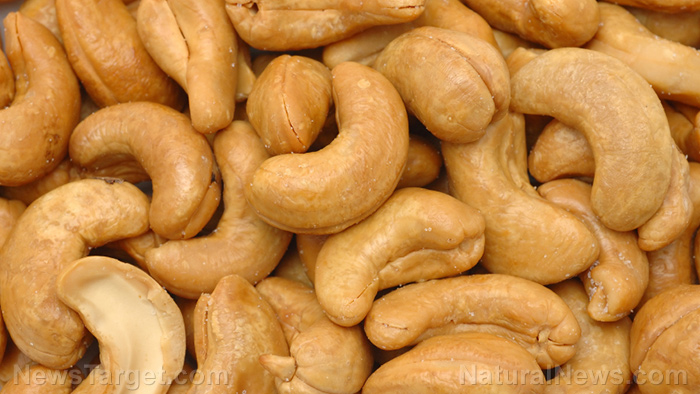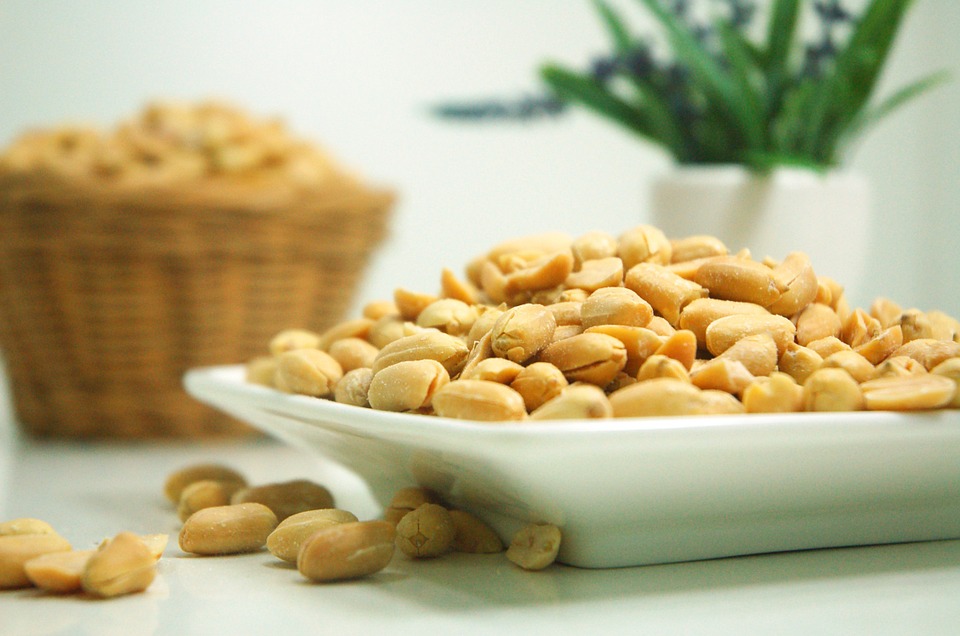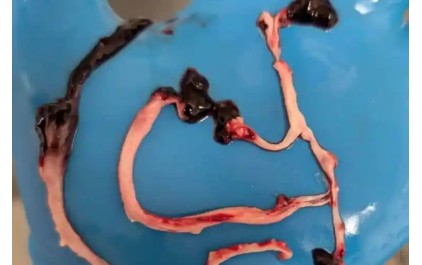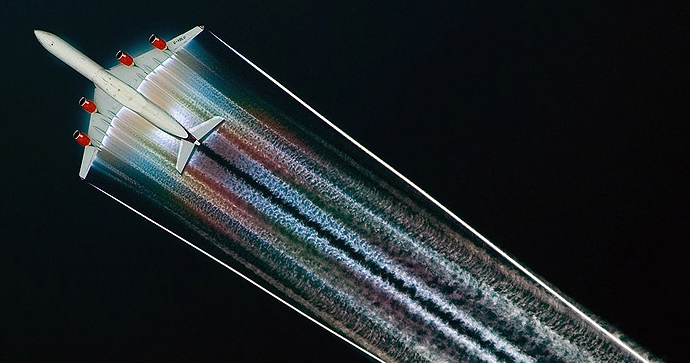Pumpkin juice RECALLED over potential botulism risk
04/03/2025 / By Ava Grace
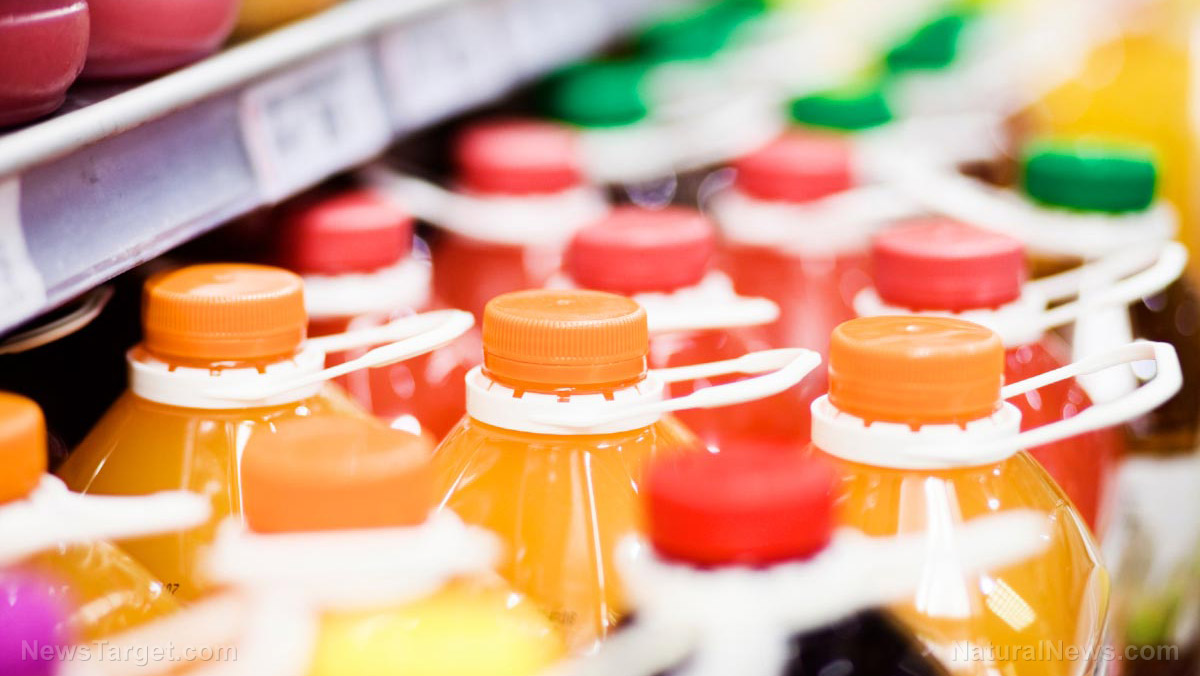
- New York-based Walker’s Wine Juice LLC has issued a widespread recall of its pumpkin juice after a routine inspection revealed that the juice’s acidity levels were too low for proper sterilization through the “hot fill” process, raising concerns about potential botulism contamination.
- The recall includes 2.5-gallon bag-in-box; five-gallon hot pack containers; and 30-, 60- and 275-gallon bulk containers labeled “pumpkin.” These products were distributed to professional wineries and sold at Walker’s Wine Juice store in Forestville, New York, as well as to commercial wineries in twelve states.
- The low acidity of the pumpkin juice means the ‘hot fill’ process was ineffective, leaving the product vulnerable to contamination by Clostridium botulinum, a bacterium that can produce toxins causing botulism, a life-threatening condition with a fatality rate of five to 10 percent.
- The FDA advises anyone who has consumed the affected juice or wine made from it to watch for symptoms such as muscle weakness, slurred speech, difficulty swallowing and difficulty breathing, and to seek immediate medical attention if these symptoms occur.
- Walker’s Wine Juice LLC is proactively contacting customers to remove recalled products from sale, providing disposal instructions and offering reimbursements. This recall is part of a larger trend of food safety concerns, highlighting the critical need for stringent food safety measures and transparency in the industry.
In a startling development that has sent shockwaves through the wine and beverage industry, New York-based Walker’s Wine Juice LLC has issued a sweeping recall of its pumpkin juice.
The recall, which spans a dozen states, follows a routine inspection by food inspectors from the New York State Department of Agriculture and Markets. The inspection revealed a critical flaw: The juice’s acidity levels were too low to ensure proper sterilization through the “hot fill” process, raising concerns about the potential risk of botulism.
The affected products include 2.5-gallon bag-in-box and five-gallon hot pack containers labeled “pumpkin,” as well as 30-, 60- and 275-gallon bulk containers tagged with the same designation. These products were primarily distributed to professional wineries, but were also available for retail purchase at Walker’s Wine Juice store in Forestville, New York. Additionally, the juice was distributed to commercial wineries in Illinois, Indiana, Kansas, Kentucky, Maine, Michigan, Minnesota, New Jersey, Ohio, Pennsylvania and Wisconsin.
Botulism is caused by the toxin produced by the bacterium Clostridium botulinum, which is commonly found in soil, marine environments and on the surface of various foods. While the bacteria themselves are usually harmless, they can produce spores that, under certain conditions, release toxins.
These toxins attack the central nervous system, leading to paralysis of the muscles – including those crucial for breathing. This makes botulism a life-threatening condition, with a fatality rate of five to 10 percent. (Related: Everything you need to know about botulism.)
The risk of botulism is particularly high in low-acid foods and fermented products like wine. The lack of acidity in the pumpkin juice means that the “hot fill” process, which is designed to kill harmful bacteria, was ineffective. This failure to implement a ‘kill step’ has left the product vulnerable to contamination.
FDA urges immediate action on recalled pumpkin juice
The Food and Drug Administration (FDA) is urging anyone who has consumed the affected juice or wine made from it to be vigilant for symptoms of botulism. These include muscle weakness, slurred speech, difficulty swallowing, double vision, drooping eyelids, blurry vision and difficulty breathing. If any of these symptoms are present, immediate medical attention is critical.
Meanwhile, Walker’s Wine Juice LLC has been proactive in addressing the issue. The company has initiated a recall and is reaching out to all commercial customers to ensure that any wine made from the recalled juice is removed from sale.
“We started contacting every commercial customer so they could remove the recalled wine they made with the juice from their sales,” said Matthew Walker, plant manager at Walker’s Wine Juice LLC. The company is also providing instructions on how to dispose of the affected products and is offering reimbursement to affected customers.
This recall of pumpkin juice is one of many that have been initiated this year due to concerns over potentially damaged products, foodborne illness, undeclared food allergens and bacterial contamination. The FDA reports that millions of Americans experience food sensitivities or allergies annually, with the nine major allergens being eggs, milk, fish, wheat, soybeans, crustacean shellfish, sesame, tree nuts and peanuts.
Visit CleanFoodWatch.com for more similar stories.
Watch Celeste Solum warning of how synthetic biology on common foodborne pathogens like C. botulinum affects food preservation in this clip.
This video is from the Celestial Report-Celeste Solum channel on Brighteon.com.
More related stories:
Botulism can kill you — are you sure your preserved foods are safe? 8 signs they aren’t.
Avoid these 7 mistakes when buying canned foods.
Nacho cheese sauce responsible for sending 10 people to the hospital with BOTULISM.
Sources include:
Submit a correction >>
Tagged Under:
botulism, clean food watch, clostridium botulinum, contamination, Dangerous, food handling safety, food poisoning, food processing, food safety, hot fill process, Product recall, products, Pumpkin juice, risk, stop eating poison, Walker's Wine Juice LLC
This article may contain statements that reflect the opinion of the author

